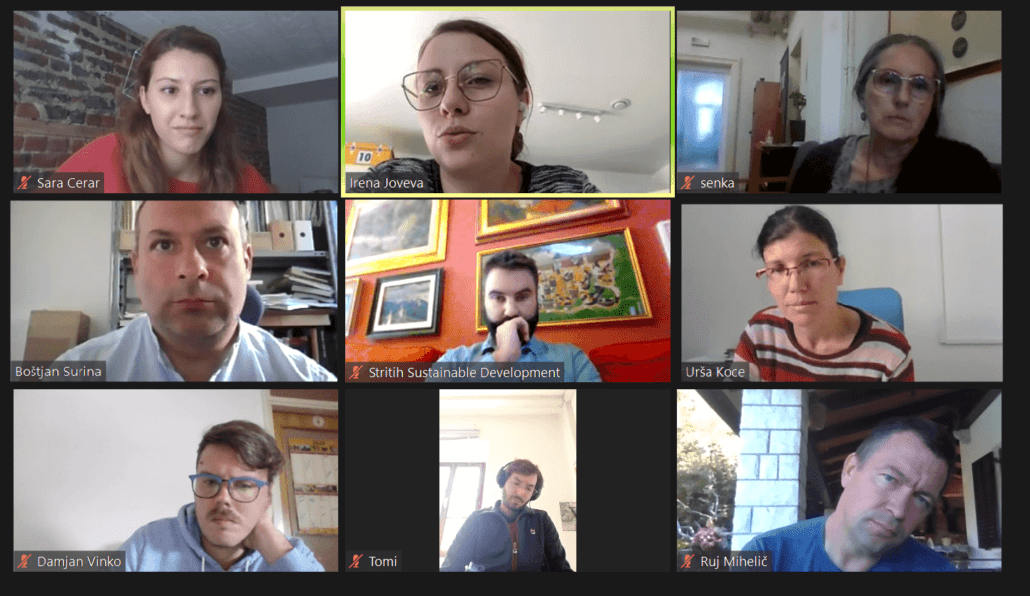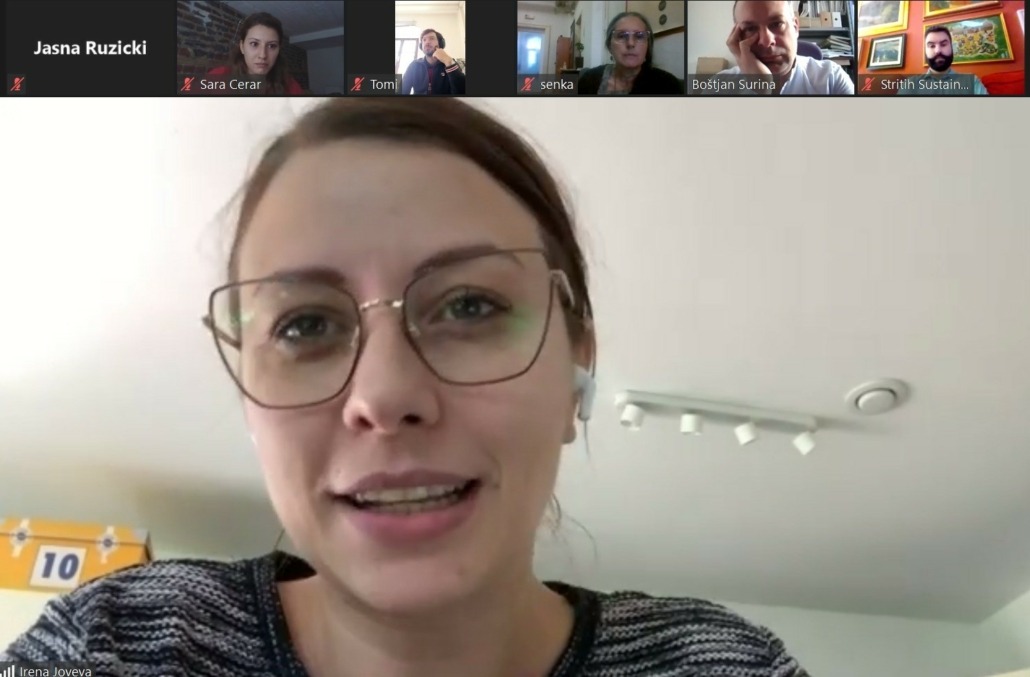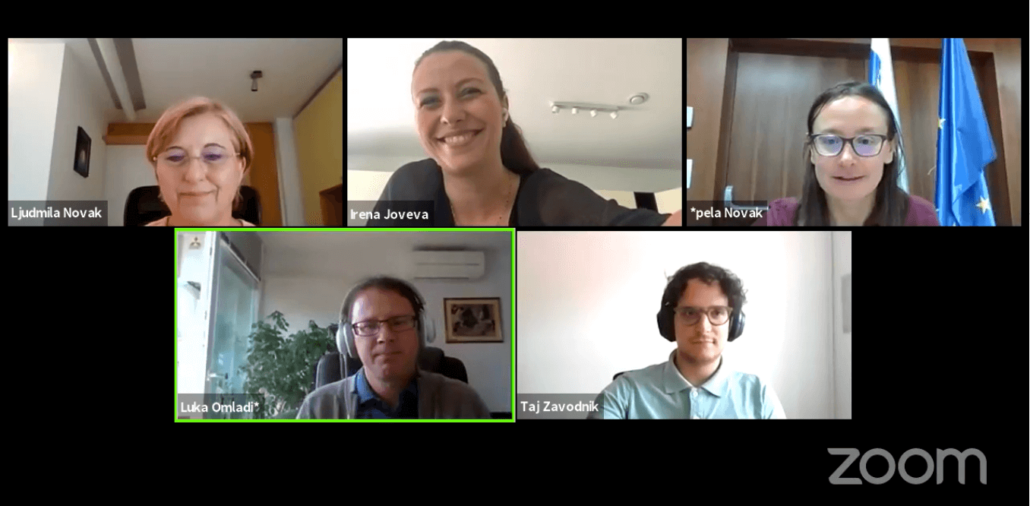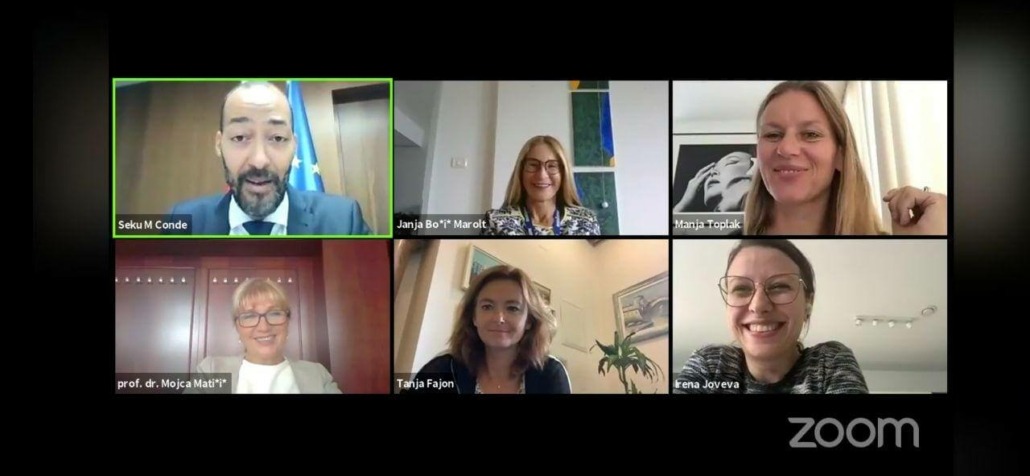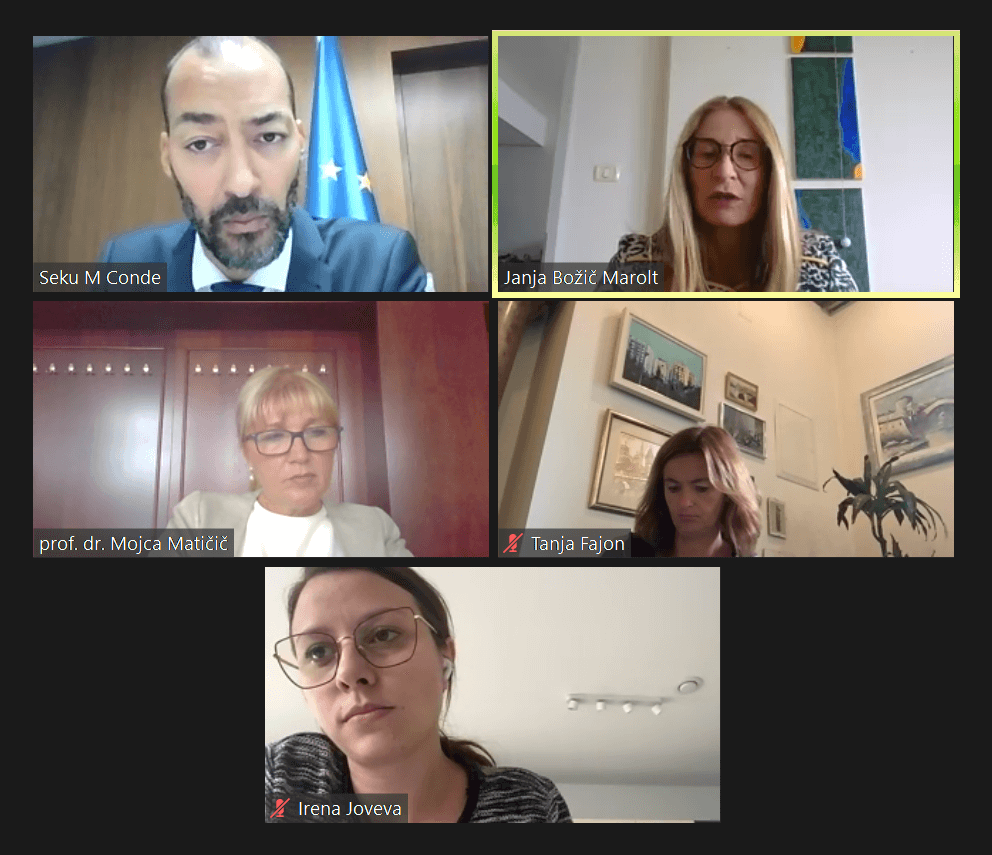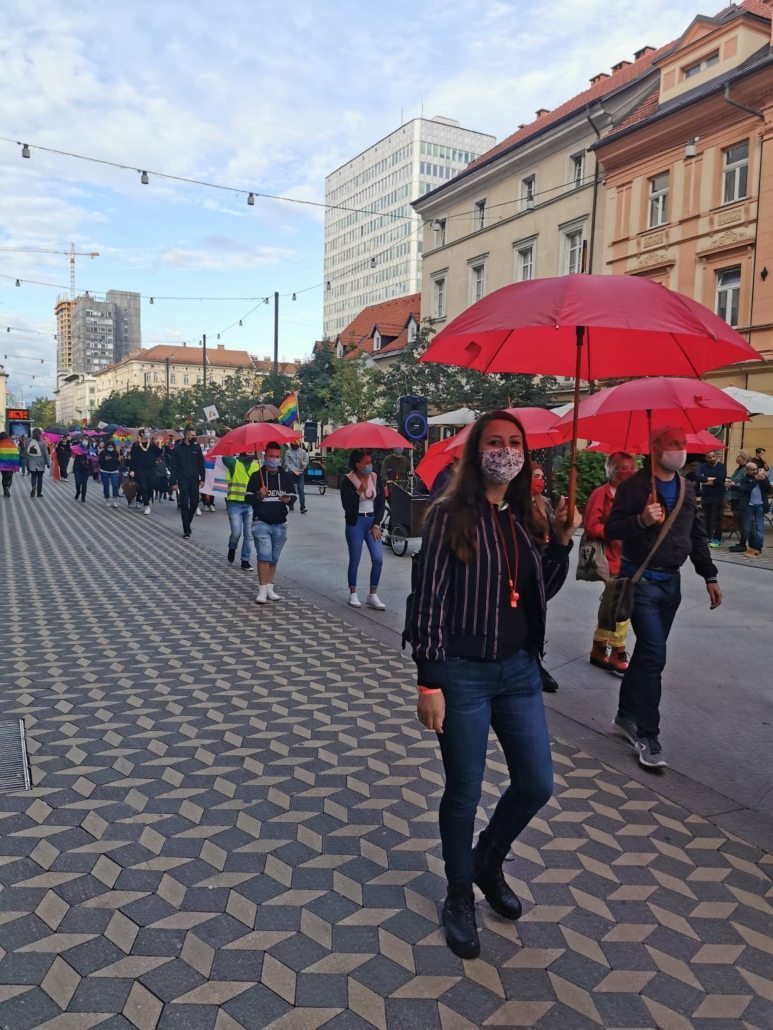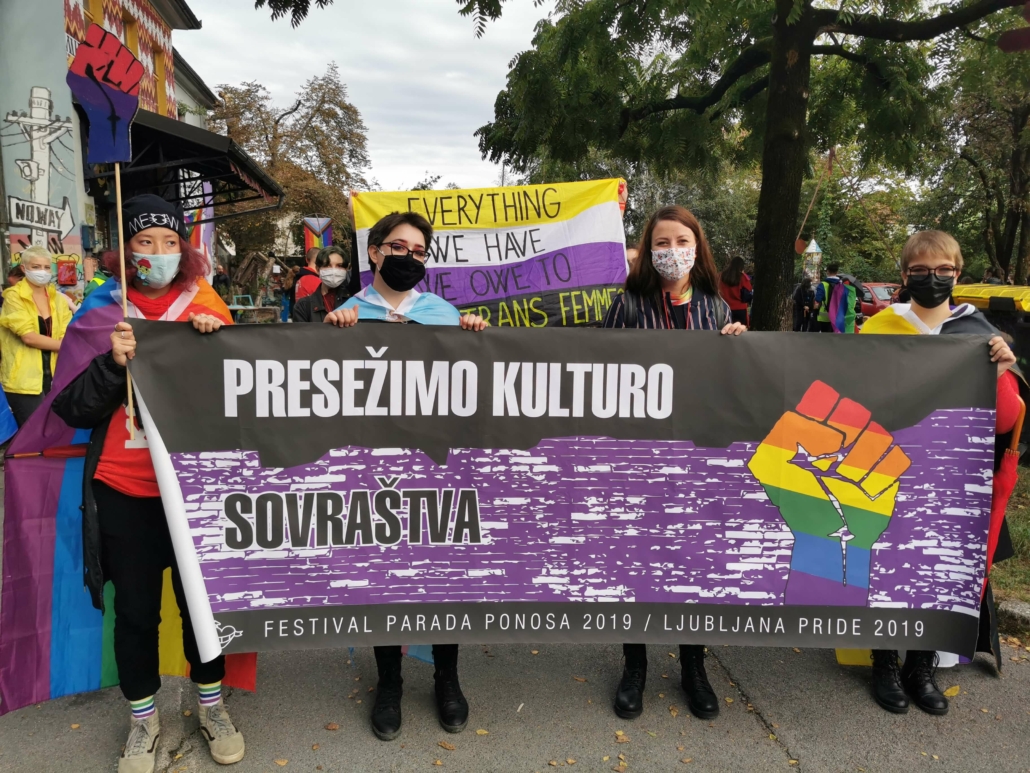On Wednesday, October 14, 2020, Irena Joveva participated at the Regional Journalists’ Days, where she opened a panel discussion titled “Disinformation, Social Networks and Journalism: Understanding and Fighting Fake News”. The panel discussion aimed at independent media platforms, investigative journalists and experts from the Western Balkans and Turkey. The discussion focused on fact-checking and information exchange during the global crisis.
She initially paid tribute to the journalists for their work, which contributes to democracy in the Balkans. Furthermore, she highlighted the impact of the current health crisis on the media world, as the covid-19 pandemic also caused a formation of new term ‘infodemia’.
“Fake news, conspiracy theories and disinformation are nothing new, but nowadays, social media helps them reach masses. The legislation is not able to follow the fast-developing events on the internet, causing its adoption of regulations and laws to be slower than the development of technologies.”
She also highlighted the issue of fake news: “When you identify misinformation and try to correct it, the correction never reaches as many people as the original. Fake news is 70% more likely to be shared and taken into account than real news.” The MP notes that media freedom is being threatened in democracies as a result of the media ownership is slowly transforming into the property of political parties. The situation in the Balkans is particularly worrying. In contrast to the past, when there were few credible sources of information, today we are faced with a flood of publications of entirely fake news, but people, unfortunately, do not have enough time to fact-check them. Joveva sees the solution in educating people about social media, reading and understanding of the news and online content, and by the transparency of ownership of the media.
The European Parliament and the European Union as such, are working hard to combat the burning issue of misinformation and false news, by taking several steps in this direction. For example, a Committee on Disinformation and an informal Working Group of MEPs for the media have been set up in the European Parliament to address such issues. Additionally, in 2018, the European Commission strengthened and formulated the Action Plan against Disinformation, and is working hard to draft the Digital Services Act and the Action Plan for Democracy.
She concluded her speech with the thoughts: “Everyone; civil society, journalists and legislators, must work together to strengthen the media and independent journalism. We can all learn a lot from panels like this, where we exchange different ideas and views.”
You can watch the panel discussion HERE.

